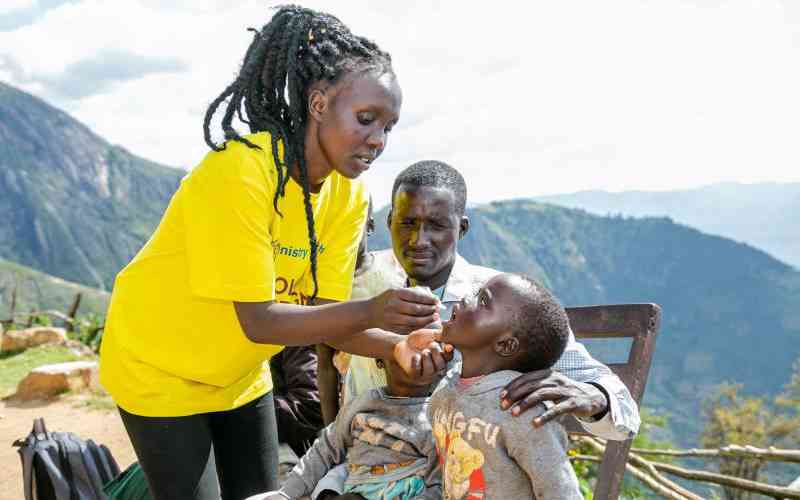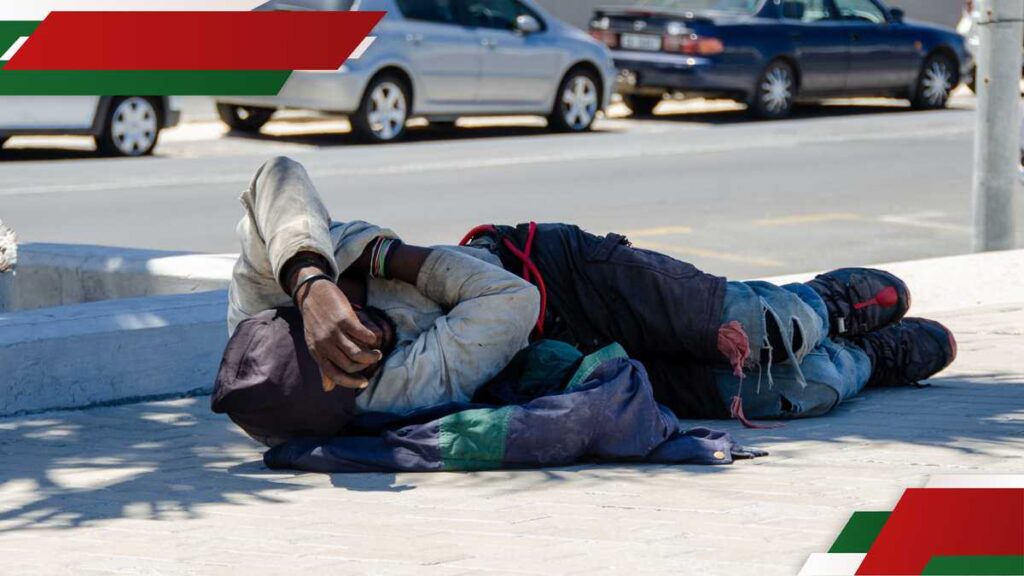The pandemic may be over, but for Kenya’s children, the battle is still raging.
United Nations Children’s Fund (UNICEF) latest global assessment, Report Card 19, reveals the lingering scars of COVID-19, shattered education, worsening mental health, and economic instability.
Kenya stands at a crossroads. Will it simply recover, or will it reinvent the future of child welfare?
Kenya’s children are not just recovering from a pandemic, they are fighting an invisible crisis.
Three years after the world reopened, learning gaps remain deep, emotional distress is rising, and economic struggles continue to shape childhoods.
UNICEF’s latest report, Report Card 19: Child Wellbeing in an Unpredictable World, confirms what many parents, teachers, and experts already fear—the crisis is far from over.
Three years after the world reopened, the echoes of the pandemic still shape childhoods, not just in learning gaps but in emotional, social, and economic struggles that linger beneath the surface.
The numbers speak loudly when placed beside Report Card 18, which focused on child poverty and social exclusion, highlighting economic inequalities affecting child well-being.
Report Card 19 shifts focus to post-pandemic struggles, from learning setbacks to mental health concerns. The figures show the depth of the crisis.
Eight million 15-year-olds globally struggle with basic literacy and numeracy skills, a 4% increase since 2018.
In Kenya, learning losses mirror global trends, with disadvantaged children facing the widest gaps.
School closures set back learning progress by seven months to a year for many children worldwide, impacting foundational reading and mathematics.
Kenya is not immune to these setbacks. Adolescent life satisfaction declined in 14 of 32 countries with available data.
Kenyan teens report greater emotional fatigue, stress, and withdrawal, mirroring trends from wealthier nations.
The cost-of-living crisis has widened inequalities, impacting nutrition and healthcare access.
Stay informed. Subscribe to our newsletter
The pandemic created education gaps that are proving harder to close than anticipated. Kenyan schools have implemented recovery programs, yet teacher shortages, resource gaps, and overcrowding continue to slow progress.
“Children who fell behind academically are not just catching up with coursework—they are rebuilding learning confidence. The focus must shift from grades to problem-solving and inquiry-based learning,” says Dr Wafula Robert Wekesa, Educational Psychologist.
UNICEF flags the mental health impact as alarming, yet it remains under-addressed globally. In Kenya, rising emotional distress is evident: Adolescent anxiety has increased globally, with 1 in 5 children reporting greater stress post-pandemic.
Kenyan teens increasingly report withdrawal, irritability, and emotional exhaustion, echoing patterns seen in high-income nations.
“My teenage daughter was never the same after the pandemic. Her confidence waned. I thought she just needed time, but time alone was not enough, and we had to actively rebuild her emotional health,” says Rose Wanjiru, mother of three.
“Parents must recognize symptoms such as withdrawal, irritability, and emotional exhaustion. Ignoring emotional cues delays recovery. Structured emotional check-ins at home and in schools are vital,” warns Dr Catherine Mugendi, Child Psychologist, and family coach.
Experts advise structured interventions, including: normalizing emotional check-ins at home and in schools, expanding school-based mental health programs for early intervention, and launching parental awareness campaigns to equip families with resilience strategies.
Report Card 18 warned that economic inequality worsens childhood well-being. The pandemic magnified these disparities, making recovery harder.
Kenya has data on 38 of 48 child-related SDGs, showing gaps in economic resilience. Post-pandemic inflation has driven up basic food and medical costs, limiting access for vulnerable households.
Many families faced job losses, leaving them unable to afford quality education, healthcare, or nutrition.
“Policies must go beyond recovery, they must build economic buffers to protect children from future crises,” Dr Caleb Kigen, Economist and Resilience Coach, advises
UNICEF’s findings emphasize that post-pandemic recovery is not just about fixing what was lost. It is about rethinking the systems that failed.
Experts propose a new vision for child welfare that incorporates the following:
Education must prioritize confidence and skills-building, mental health must be addressed with structured emotional support, and economic policies must protect vulnerable families from future crises.
“Recovery isn’t about returning to the past, it is about shaping a future where children are equipped to thrive, no matter the challenges ahead,” concludes Dr Kigen.

























